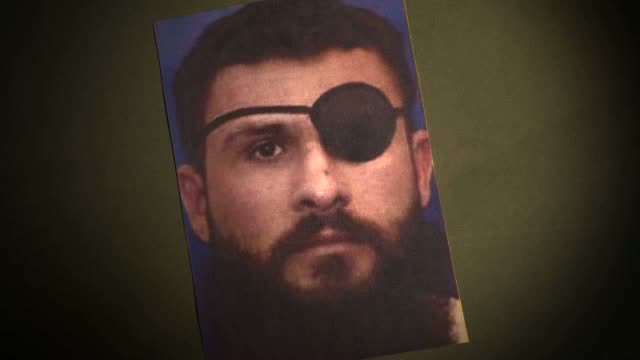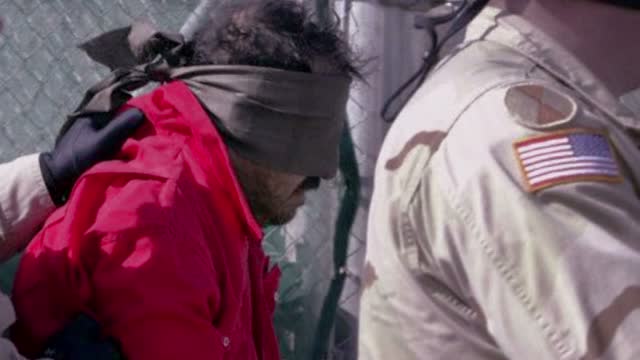The Beginning of “Enhanced Interrogation Techniques”

September 12, 2011
Share
In March 2002, Ali Soufan was sent to interrogate Abu Zubaydah, one of the highest level Al Qaeda operatives in U.S. custody.
Soufan had been at the center of investigations into Al Qaeda both before and after 9/11. One of the few Arabic-speaking FBI agents, he had experience extracting information from Al Qaeda operatives. He tells FRONTLINE his approach was to “outsmart” the individual he was questioning. “You can catch more flies with honey than vinegar,” he says.
According to Soufan, his interrogation of Zubaydah revealed significant new information — including that Khalid Sheikh Mohammed was the mastermind behind the attacks and a lead that led to the arrest of an Al Qaeda figure named Jose Padilla in Chicago.
But the CIA believed Zubaydah knew much more.
As you can see in the above excerpt from The Interrogator, airing tomorrow night at 9 pm (check local listings), Zubaydah became the test case for new methods of interrogation that would eventually become an international controversy — methods that would come to be known as “enhanced interrogation techniques.”
Related Documentaries
Latest Documentaries
Related Stories
Related Stories
Explore
Policies
Teacher Center
Funding for FRONTLINE is provided through the support of PBS viewers and by the Corporation for Public Broadcasting, with major support from Ford Foundation. Additional funding is provided the Abrams Foundation, Park Foundation, John D. and Catherine T. MacArthur Foundation, Heising-Simons Foundation, and the FRONTLINE Trust, with major support from Jon and Jo Ann Hagler on behalf of the Jon L. Hagler Foundation, and additional support from Koo and Patricia Yuen. FRONTLINE is a registered trademark of WGBH Educational Foundation. Web Site Copyright ©1995-2025 WGBH Educational Foundation. PBS is a 501(c)(3) not-for-profit organization.





















